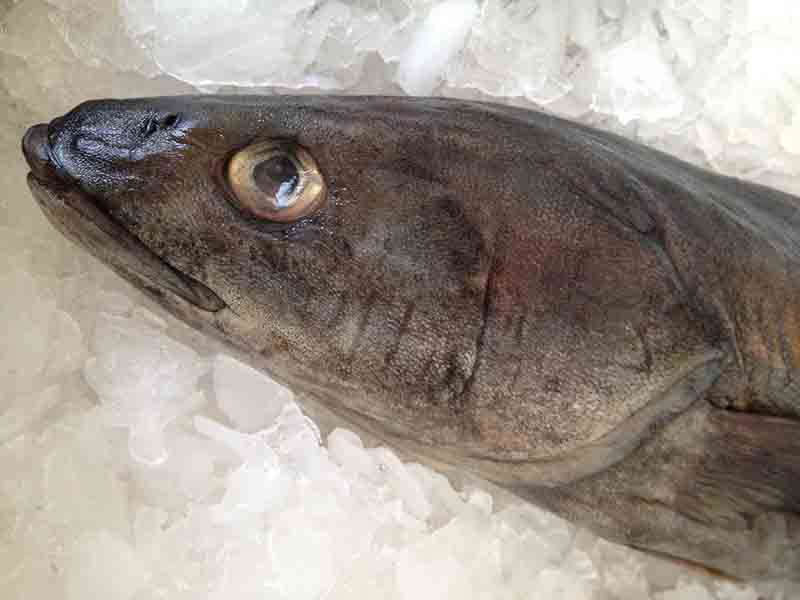June 21, 2017
Fish farming fears take root as domestic demand for blackcod rises

Fresh caught blackcod, also known as sablefish, sits on ice in a Newport, Ore., fish market. NOAA photo by Alix Smith.
Fresh caught blackcod, also known as sablefish, sits on ice in a Newport, Ore., fish market. NOAA photo by Alix Smith.